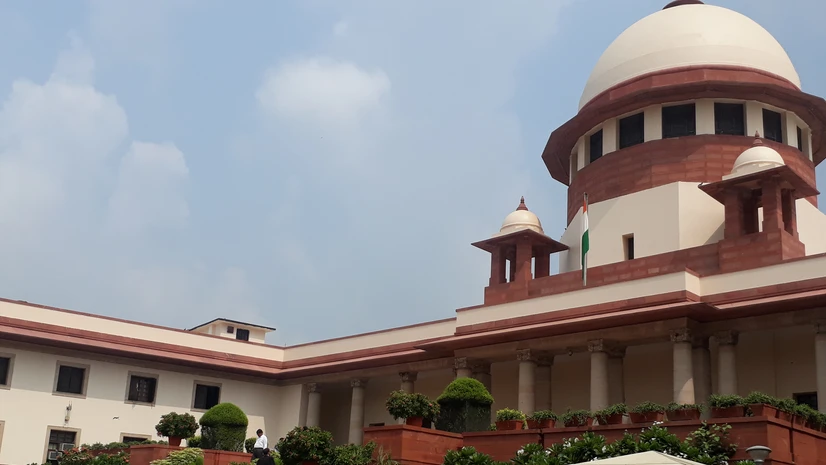The Supreme Court’s six-member expert panel, headed by retired SC judge Justice A M Sapre, has suggested a temporary multi-agency committee, set up by the Centre, to investigate complex enforcement matters with the Securities and Exchange Board of India (Sebi).
The SC-appointed panel said such a committee would be useful in cases where the skills and expertise of multiple regulatory and enforcement agencies are necessary.
“In complex enforcement matters, where the skillset and expertise of multiple regulatory and enforcement agencies would be necessary, it would be vital to have a framework by which a multi-agency committee (‘investigating committee’) with a temporary shelf life (just what is required for investigating that particular case),” the panel report said. The report said the investigating committee may be set up by the Government of India under the aegis of the Financial Stability and Development Council and at the end of the investigation, with the initiation of appropriate proceedings, such a committee must be disbanded.
A case would be referred to such an investigating committee by terming it a “systematically important investigation”. The panel clarified that the government would be able to resort to such a framework only when the case involved has serious cross-sectoral repercussions and needs multi-disciplinary skills in a coordinated manner.
More From This Section
The panel noted that proceedings initiated by Sebi in 2021-22 skyrocketed to 7,195, as compared to 562 cases in 2020-21 and 249 cases in 2019-20. It suggested that the regulatory objective of Sebi may be better served by timely and sharp action in a few large and complex cases, as compared with frittering energy and resources in thousands of tiny cases. “For the regulator to achieve its objective, it has to be strategic on how best it can prosecute cases of serious significance. Increase in proceedings begs the need to study how settlement proceedings can be made effective and viable alternatives,” the report said.
The panel noted that since the market regulator has been granted robust powers from licensing of intermediaries to legislative, executive, and quasi-judicial powers to discharge its role, it does not see the need to confer any more powers to Sebi at this stage.
However, it noted that there was a need for judicial discipline for the regulator as sometimes different officials decide the same cases differently.
The Justice Sapre panel said that Sebi must also adopt a timeline for initiation of investigations, completion of investigations, initiation of proceedings, disposal of settlement, and disposal of proceedings. “Some elements of the timeline may be directional and the others may be mandatory but a complete absence of timelines in the law is a stark feature that needs correction,” the report said. The committee gave the example of the Competition Commission of India(CCI), whose investigative arm is separate from its quasi-judicial arm. “It would be important for Sebi to study such practices and adopt such a framework into subordinate legislation governing Sebi’s enforcement. Such self-discipline provisions do not need an amendment by Parliament to the Sebi Act,” the report said.
The report said that within Sebi (as any other regulator), the doctrine of separation of powers must be followed in letter and spirit. “The quasi-judicial arm of the regulator has to be necessarily ring-fenced from the executive arm, so that it is truly a check and balance. If the performance of the quasi-judicial officers is appraised by the executive arm, the very foundation of separation of powers will stand nullified,” the report noted. The committee said that with regards to surveillance and administrative actions, such as the inclusion of stock-specific derivatives, the element of human intervention must be brought down to the bare minimum.

)
